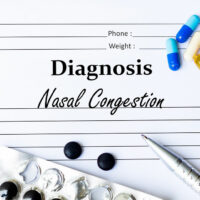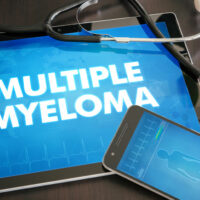
6 effective tips to relieve nasal congestion
One may have nasal polyps or congestion if one consistently wakes up with a stuffy, congested nose. In addition to making breathing difficult, it makes people feel uncomfortable, worn out, and heavy-headed, disturbing their sleep. Fortunately, there are a number of simple methods that may be used to help someone swiftly remove a nasal obstruction. We’ll go over six quick techniques to clear nasal congestion in this blog post so you can breathe easily in no time. Main causes of nasal congestion Nasal congestion results from swelling of blood vessels in the nasal passages or irritation to the tissues that line the nose from the inside. The most likely causes of nasal congestion are as follows: Infection Microbes, including bacteria, viruses, and fungi, attack cells and tissues of our body. The nose uses defense against these microbes by producing mucus (a sticky, slippery substance) which traps and expels them as snot. However, some highly active microbes cross the defense and cause infection, which induces inflammation, swollen nasal lining, or both. Allergies Certain allergens, such as pollen, dust, or skin flakes from cats or dogs, might cause an allergic reaction in some people. This causes the nasal lining to expand, resulting in cold-like symptoms, such as a clogged or runny nose, itching, and sneezing.
Read More. 














